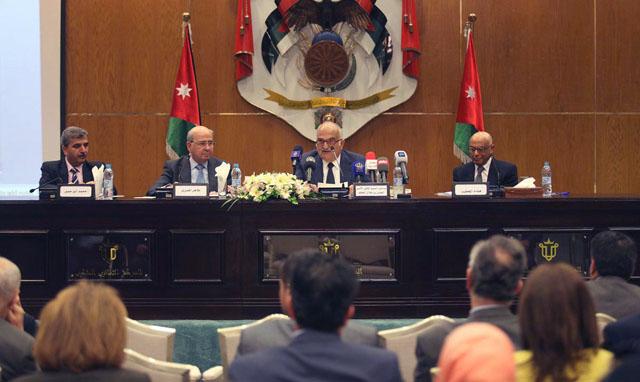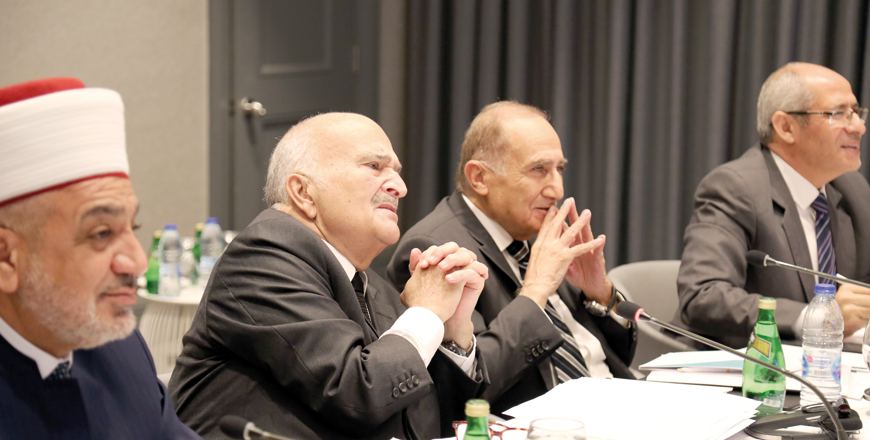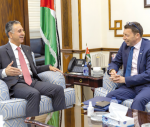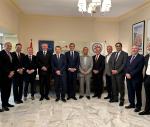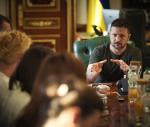You are here
Building ‘Islamic will’ vital in achieving human dignity — Prince Hassan
By JT - Sep 13,2020 - Last updated at Sep 13,2020
AMMAN — Institutionalising Zakat and solidarity is “a human tendency rather than a religious obligation in light of the human cost of conflicts in the world, HRH Prince Hassan, president of the Arab Thought Forum (ATF), has said.
According to Islamic law, or Sharia, Zakat is one of the five pillars of Islam, a tax that requires paying 2.5 per cent of what a Muslim owns in cash money, gold, silver, cattle, farms and rentable assets, in alms.
During a recently held virtual meeting of the ATF on the role of Zakat and Awqaf (endowments) in alleviating the impact of the COVID-19 pandemic at the social and economic levels, Prince Hassan said that “institutionalising Zakat is part of human endeavours to prove that the institutionalism is instilled in our cultures".
The prince highlighted the importance of this project in associating with sorrow, illness and destitution among refugees and those displaced from their homelands, according to an ATF statement.
Citing statistics showing that 80 per cent of the world’s refugees are Muslims, the prince called for action to build the "Islamic will" that works for the entire humanity in a bid to realise human dignity and overcome all forms of human indignity.
Prince Hassan drew attention to the “successful experiment” of the Association of Southeast Asian Nations in building up on solidary independence and inter-dependence, noting: "It is depending on foreign factors, despite seeking solidary independence, that made our nation suffer and pay for it."
For his part, Secretary General of the Islamic Union for Muslim Scholars Ali Qaradaghi called for developing the role of Awqaf, adopting strategic administration for the economy and benefitting from the “good aspects of the capitalist and socialist economies to develop a new humanitarian and moral economy”.
Shaden Khallaf, senior policy adviser at the UNHCR for Middle East and North Africa, highlighted the threat of COVID-19 on refugees, depriving them of their basic needs.
She noted that the UNHCR managed to collect $43 million in the form of Zakat and charity money for supporting refugees.
Related Articles
Jerusalem’s heritage is not only an Arab Islamic and Christian responsibility, but an international concern that all humanity should preserve, according to HRH Prince Hassan.
AMMAN — HRH Prince Hassan, president of the Arab Thought Forum (ATF) and honorary chair of World Refugee and Migration Council (WRMC), reite
AMMAN — HRH Prince Hassan, president of the Arab Thought Forum, on Monday said that the “Zakat (compulsory almsgiving) is a practical expres


